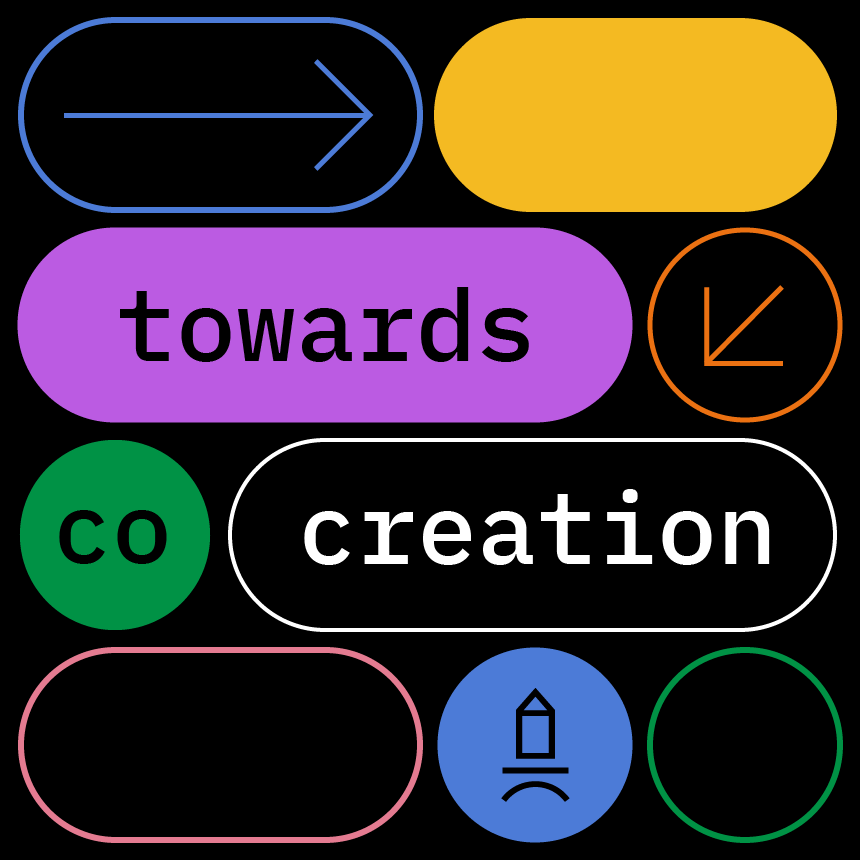Co-Creation
As an overarching theme of XLab, we are exploring the uses of artificial intelligence and robotics as co-creation tools instead of autonomous technologies. Through research prototypes and applied projects we investigate practical uses, potentials, and implications. In our podcast “Towards Co-Creation” we talk to makers, artists, and researchers who use AI and robotics in their creative practices. How do these technologies change the creative process? What will co-creation look like in the future? And how can we contribute to a realistic and critical perspective that does not shy away from the technologies’ deficits, limitations, and impacts on society.
AI Myths and Monstrosities
Alexa Steinbrück is researching how we think and talk about AI as a society. Which misunderstandings result? What myths have become embedded in the general discourse? In the public debate over AI, the levels of meaning of fiction (strong AI) and the actual state of research (narrow AI) are often confused. This is particularly problematic when people are speaking of the risks involved with AI. Alexa Steinbrück sheds light on how we can separate the two levels of meaning again.
Reset vs Restart
In order to manifest digital designs and models in the physical world, the methods and tools of digital manufacturing are integral components of design. Following the “file-to-factory” principle, the design process has had to orientate itself to the requirements of manufacturing. On the one hand, this limits design practice and on the other hand, it eliminates our option to intervene in production. Once started, a process can only be halted and restarted but not changed.
Simon Maris’s project aims to supplement existing software controls with real-time-based systems. The approach promises greater flexibility and new spaces for design. Simon Maris is first examining three control mechanisms and demonstrating them based on prototypical designs as examples of haptic control, sensor-based control, and control via neural networks.
